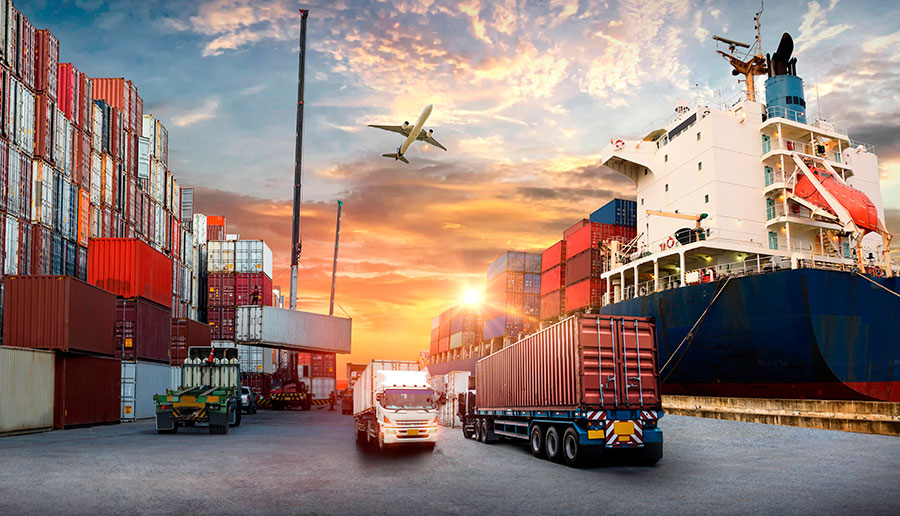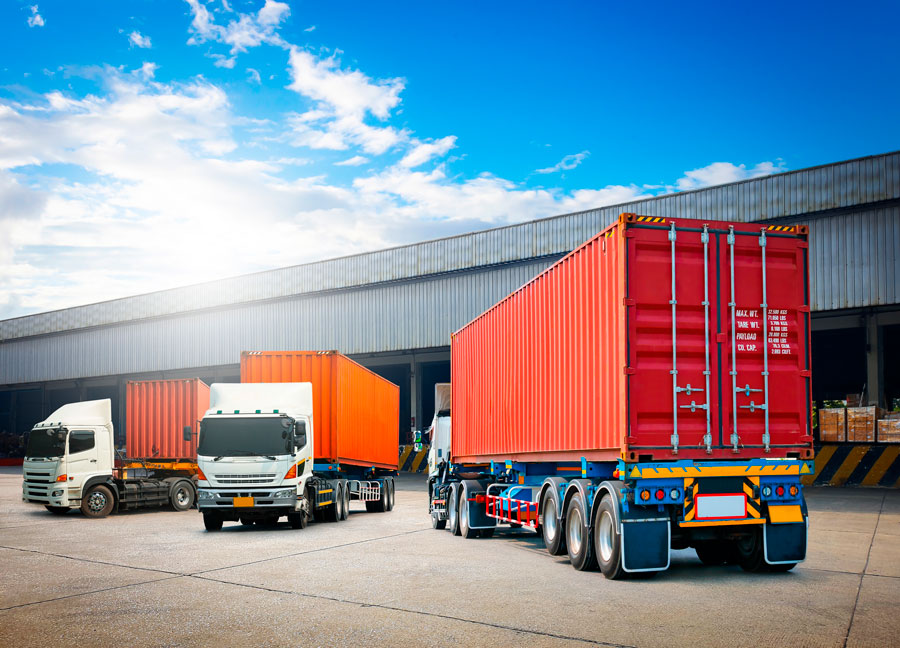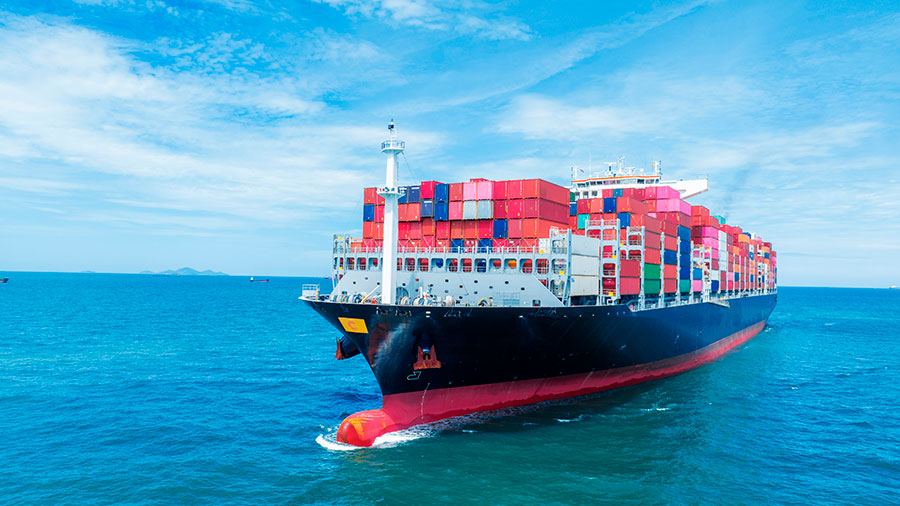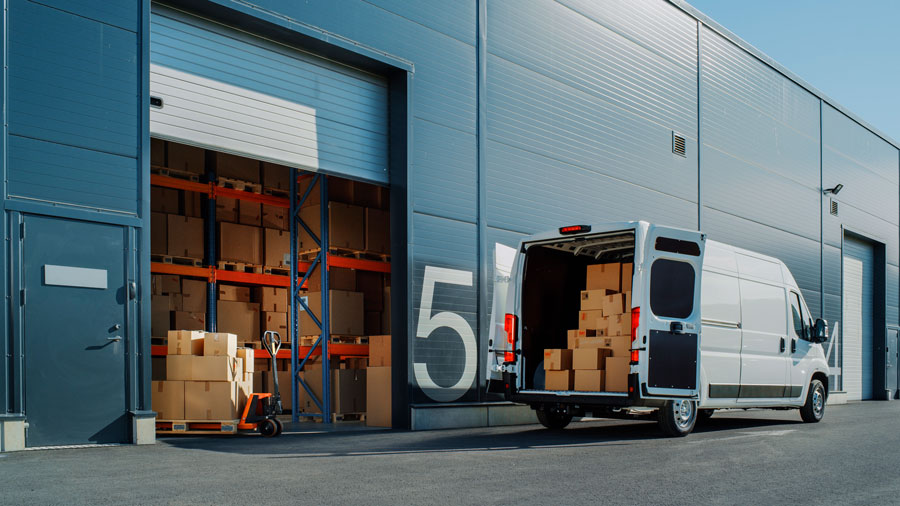Global logistics is the lifeblood of international trade and commerce, enabling the movement of goods and services across the world. As businesses expand their reach, the complexity of managing supply chains increases, necessitating a comprehensive understanding of how global logistics work. This blog will explore the various components, stakeholders, challenges, and technological advancements that define global logistics.
- Planning and Forecasting
Demand Forecasting: Effective global logistics begin with accurate demand forecasting. Businesses use historical data, market trends, and predictive analytics to anticipate customer needs. This ensures that the right products are available at the right time, reducing the risk of overstocking or stockouts.
Inventory Management: Inventory management is crucial for maintaining optimal stock levels. By employing sophisticated software, businesses can monitor inventory in real-time, automate reorder processes, and manage safety stock to buffer against uncertainties in demand and supply.
- Procurement and SourcingSupplier Selection: Selecting reliable suppliers is the foundation of a robust supply chain. Businesses evaluate suppliers based on criteria such as quality, cost, reliability, and geographical location. Establishing strong relationships with suppliers ensures a steady flow of materials and products.
Order Management: Once suppliers are chosen, businesses must manage the ordering process. This involves placing orders, tracking shipments, and ensuring timely delivery. Effective order management systems streamline these processes, reducing lead times and minimizing errors.
-
Transportation
Modes of Transportation: Transportation is a critical aspect of global logistics. Businesses must choose the most appropriate mode of transport—air, sea, rail, or road—based on factors such as cost, speed, and the nature of goods. For instance, air transport is suitable for high-value, time-sensitive goods, while sea transport is more cost-effective for bulk shipments.
Freight Forwarding: Freight forwarders play a vital role in managing the transportation process. They handle everything from route planning and carrier selection to shipment scheduling and documentation. Freight forwarders act as intermediaries between shippers and carriers, ensuring smooth and efficient movement of goods.
- Warehousing and Distribution
Storage: Warehousing is essential for storing goods until they are needed. Modern warehouses are strategically located to optimise distribution networks and reduce transit times. Advanced warehouse management systems (WMS) help businesses manage inventory, track goods, and optimise space utilization.
Order Fulfilment: Order fulfilment involves picking, packing, and shipping products to customers. Efficient fulfilment processes are vital for meeting customer expectations and maintaining satisfaction. Automated systems and robotics are increasingly used to enhance the speed and accuracy of order fulfilment.
- Customs and Compliance
Documentation: Navigating the complexities of international trade requires meticulous documentation. Essential documents include bills of lading, invoices, certificates of origin, and import/export licenses. Accurate and complete documentation ensures compliance with regulatory requirements and facilitates smooth customs clearance.
Customs Clearance: Customs clearance is a critical step in the international shipping process. Businesses must comply with the import and export regulations of each country. This involves paying duties and taxes as well as ensuring that goods meet all regulatory standards. Customs brokers assist in managing these processes, reducing the risk of delays and penalties.
- Information and Communication Technology
Tracking and Visibility: Real-time tracking and visibility are paramount in global logistics. Businesses use GPS and tracking systems to monitor the movement of goods, providing updates on the location and status of shipments. This transparency helps in proactive decision-making and enhances customer service.
Data Management: Effective data management is essential for optimizing logistics operations. Advanced analytics and big data technologies enable businesses to analyse vast amounts of data, identify patterns, and make informed decisions. Data-driven insights help in improving efficiency, reducing costs, and enhancing overall supply chain performance.
- Key Stakeholders in Global Logistics
• Manufacturers: Produce goods for shipment.
• Suppliers: Provide raw materials or components.
• Freight Forwarders: Manage the transportation of goods.
• Carriers: Transport goods via air, sea, rail, or road.
• Customs Authorities: Regulate and clear goods through customs.
• Retailers: Sell goods to end consumers.
• Third-Party Logistics Providers (3PLs): Offer outsourced logistics services, including warehousing, transportation, and distribution.
Conclusion
Global logistics is a critical component of international trade, requiring meticulous planning, coordination, and execution. As businesses continue to expand globally, the complexity of managing supply chains will increase. Advances in technology, data analytics, and sustainable practices are driving improvements in global logistics, helping businesses meet the demands of a globalised market. Understanding the intricacies of global logistics is essential for businesses to navigate the challenges and seize the opportunities in the international marketplace.
For a risk free procurement solution that will help improve your bottom line, then ATG is the perfect choice for you. If you’d like to know more about what ATG can do for you and your business, please get in touch by filling out our Contact Form. |







